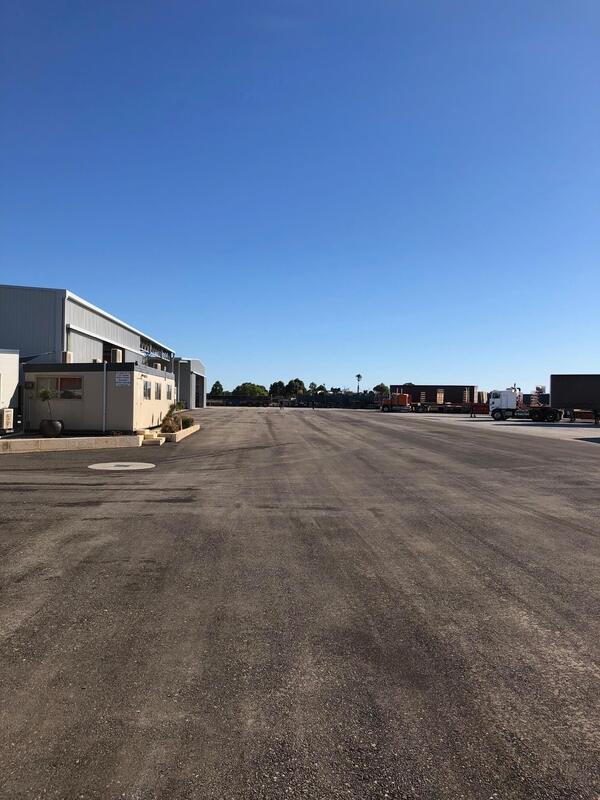When constructing roadways, hardstands, car parks or industrial yards, the surface material must be able to perform under substantial weight. At Southport Surfacing Solutions in Southport, QLD, we rely on asphalt not just for its cost-effectiveness and fast application, but also because of its proven ability to stay flexible under pressure. Understanding why asphalt behaves this way helps explain its value in heavy-duty applications.
What Makes Asphalt Flexible?
Asphalt is a composite material made of aggregates bound together with bitumen. The bitumen component—derived from petroleum—is key to asphalt’s flexibility. Unlike concrete, which is rigid and brittle, asphalt responds to pressure by distributing load across a wide area, absorbing stress rather than cracking under it.
Key properties contributing to flexibility:
- Viscoelastic behaviour: Asphalt behaves both like a liquid and a solid, allowing it to deform slightly under stress and return to shape.
- Thermal sensitivity: It can adapt to temperature variations, expanding and contracting with minimal cracking.
- Layered construction: The sub-base and binder layers beneath the surface work together to absorb and disperse pressure loads.
The Role of Flexibility in High-Load Applications
Better Load Distribution
Asphalt’s flexible structure means it can distribute weight more evenly. This is essential in areas exposed to:
- Heavy trucks and machinery
- Repeated braking and turning movements
- Industrial-grade traffic volumes
Rather than focusing load stress on a single point, asphalt absorbs and spreads the pressure, reducing damage.
Crack Resistance Under Stress
Rigid surfaces like concrete tend to crack when faced with ground movement or concentrated loading. Asphalt’s flexibility enables it to:
- Adapt to minor subgrade shifts
- Withstand expansion and contraction without breaking
- Maintain structural integrity over time
This is especially valuable in Southport’s varying coastal climate, where ground conditions and moisture levels can fluctuate.
Flexible Pavements vs Rigid Surfaces
Benefits of flexible asphalt surfacing:
- Lower maintenance costs: Small deformations don’t lead to large cracks, reducing the need for constant patching.
- Faster repairs: When issues do arise, they’re easier and quicker to fix without large-scale replacement.
- Noise reduction: The slight elasticity in asphalt absorbs some vibration and sound from tyres.
- Improved safety: Fewer cracks and potholes result in safer, smoother surfaces for vehicles.
Proper Installation Is Key
While asphalt is inherently flexible, that flexibility must be supported by professional surfacing practices. At Southport Surfacing Solutions in Southport, QLD, we focus on:
- Correct subgrade preparation
- Quality bitumen mix selection based on expected loads
- Accurate compaction and layering techniques
- Drainage planning to prevent water-related softening
Without these elements, even asphalt’s natural benefits can be compromised.
Typical Applications That Rely on Asphalt Flexibility
- Industrial yards
- Heavy vehicle loading zones
- Bus depots and truck terminals
- Regional and arterial roads
- Car parks with frequent traffic turnover
In each of these settings, the material’s ability to bend rather than break is a significant advantage.
Conclusion
Asphalt surfaces remain the material of choice for high-load areas not just because they’re fast to install, but because they stay flexible where it counts. This flexibility translates to better durability, smoother surfaces, and cost savings over the long term. At Southport Surfacing Solutions in Southport, QLD, we design and install asphalt solutions tailored for strength, resilience, and performance under pressure. If your project demands a surface that won’t crack under weight, asphalt delivers the flexibility to handle it.
Call us on: 07 3113 9392
Click here to find out more about Southport Surfacing Solutions
Click here to complete our contact form and see how we can help with your driveways.

